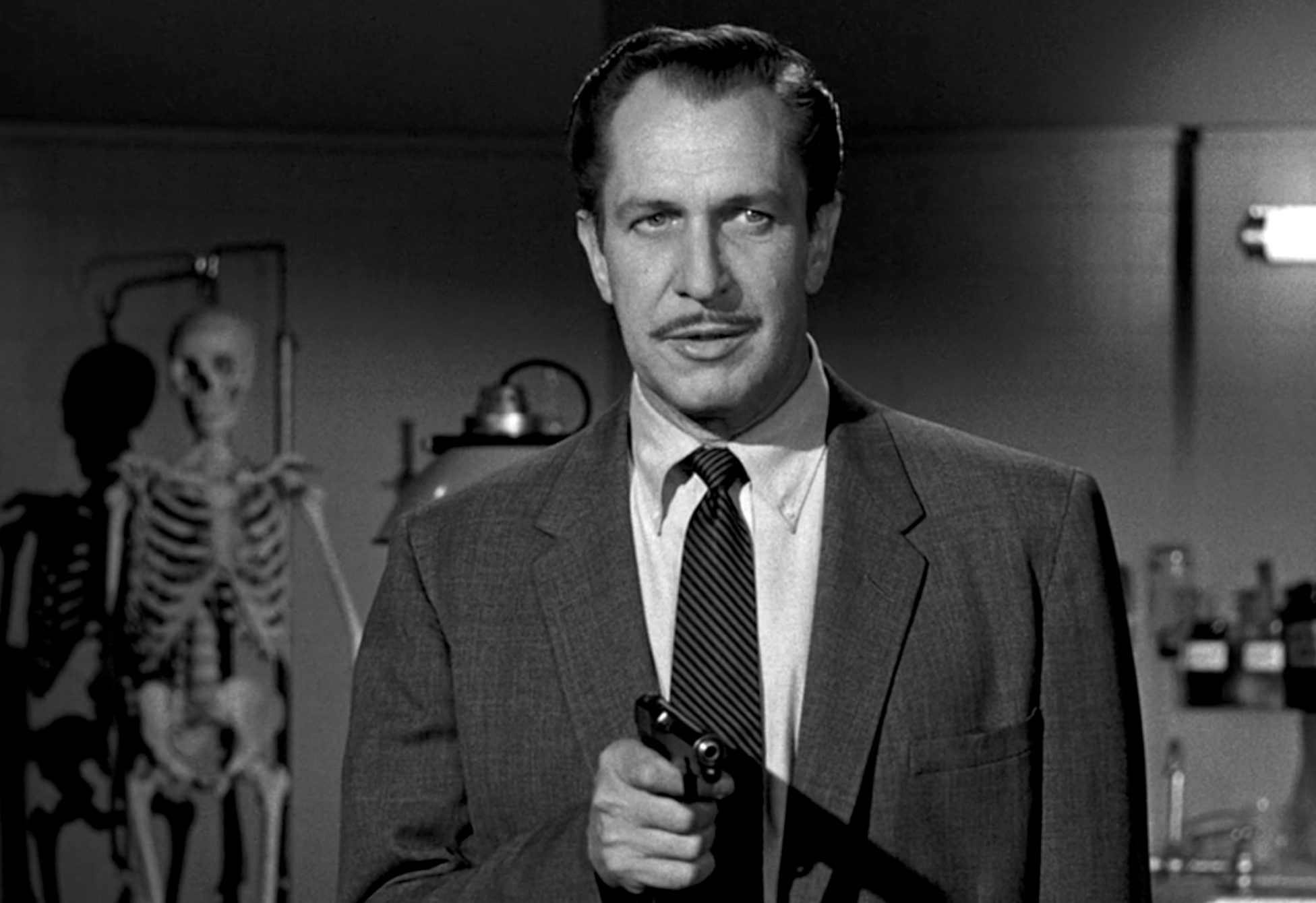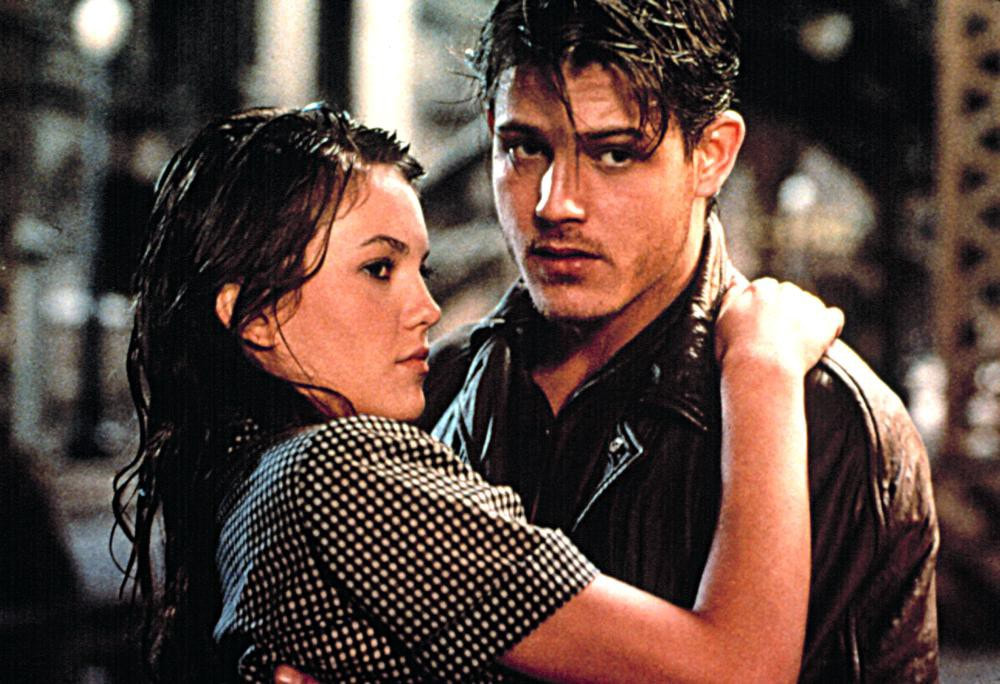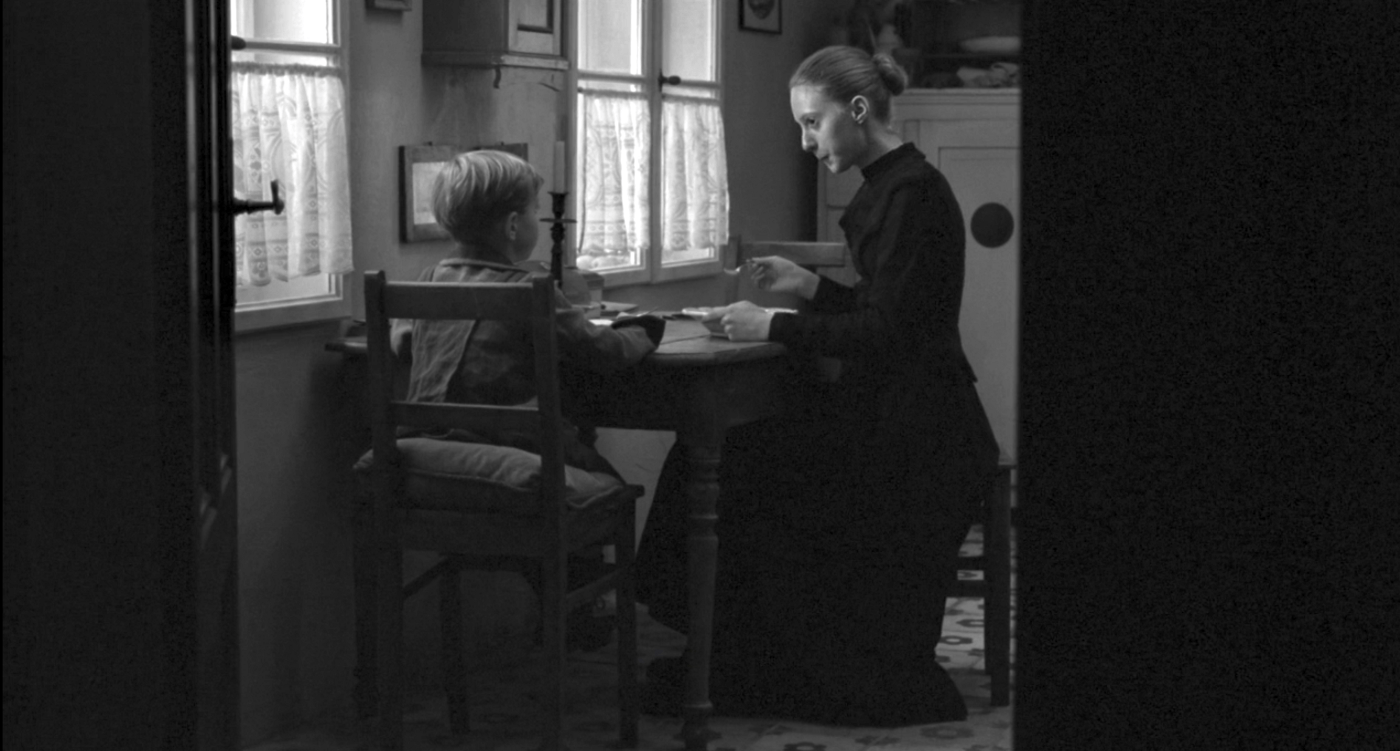
Baxter is an unusual film. It is named after the protagonist who is a white bull terrier. Through half of the film, we see the world through Baxter's eyes and hear his inner dialogue. The director, Jérôme Boivin, crafts Baxter’s persona as not quite dog and not quite human. Baxter is driven by his instincts and primitive understanding of the world, but he is also self-aware enough to feel shame, regret, and a desire to find his true self. He is self-conscious and contemplative, as well as impulsive, and animal.
Baxter’s point of view provides a portal through which we can see French suburbia in an entirely different light. Baxter goes through a series of owners, all of whom displease him. Baxter wants a master. He wants a dominating, confident alpha who will give him purpose, as well as keep his “unnatural thoughts” at bay. We never find out what Baxter’s “unnatural thoughts” are, but the ever-present threat that they might emerge creates a continuous sense of menace.
Baxter ends up murdering his first master and attempting to murder the infant of his next one. All the while, we hear his primitive dog logic explaining, and possibly rationalizing his behavior. There is no morality in Baxter's mind. There are urges, instincts, and small leaps of rudimentary logic that sometimes lead to violence. In his world, killing is not a grave or serious matter, it’s just a way to fix a situation. However, for all his cold-blooded violence, he does sometimes exhibit a kind of regret or self-reflection that causes him to reconsider his actions and evaluate them.
Throughout the film, we see other dogs and wonder if similar things are running through their minds, or if Baxter is some uniquely conscious being. It is very difficult to assess him or predict his behavior, which sets up a rich tension of possibilities. He is a more nuanced and unusual character than many standard-leading men.

Along with this, Baxter is an unreliable narrator, especially when it comes to himself. He fancies himself a hardened pragmatist, but he is full of neurotic self-doubt. Disgusted with his past masters, he talks to himself, “I wonder if I will ever find a human like me who doesn’t feel love or fear.” But this assessment isn’t true. He is certainly less loving or fearful than a human, but he does feel both emotions. Normal dogs are capable of something akin to love, and fear is the most basic of all emotions, fundamental to almost all forms of life.
About halfway through the film, Baxter is given to a young boy named Charles. Up until they meet, the film is a sort of pitch-dark comedy with clever observations provided by an outsider who doesn’t fully understand what he sees. Once Charles and Baxter are united, everything changes. Baxter is ecstatic to finally have a strong-willed master. One who will give him orders, train him to follow commands, and whip him into shape. However, Baxter’s assessment of Charles is flawed. Like Baxter, Charles is hard to figure out. He is obsessed with Hitler’s last days in the bunker with Eva Braun. Charles even builds himself a bunker in a junkyard.

The interplay between Charlie and Baxter is unpredictable. You can’t define the relationship between two points if the points are always shifting. It increasingly seems that neither Baxter nor Charles are normal. Their bond does not save, heal, or redeem either of them. It is an uncomfortable link that neither finds fully satisfying.
Charlie wants to train Baxter to be like Blondi, Hitler’s attack dog, and Baxter wants to please Charles, but it slowly becomes apparent that Charles is a budding, young psychopath. Up until we realize this, it is Baxter who seems to be the conscious-free pragmatist, but compared to Charles, Baxter is the more humane and/or human.

The fact that Baxter is initially attracted to a psychopath who is obsessed with Hitler helps drive home the larger metaphor. Baxter and Charles are an absurd version of humanity’s relationship to power. We humans, like dogs, are pack animals who learn our place in the pack, but we are also predators who compete for dominance. We have a deep-seated attraction for the confidence and bravery of the Alpha. We each can find comfort and pleasure in being told what to do, and even what to think. We gladly subsume our individuality to enjoy the acceptance of the tribe, but we cannot silence the conflicting urges to be the one in control and dominate those around us.
Our conflicted nature can be seen as a weakness. Baxter certainly sees it this way. A good master is cold and decisive. The doubtful, hesitant, and thoughtful individuals need to be eliminated. This is, of course, the foundation of fascism. Fascism holds that efficiency comes from structure and discipline. An effective soldier or citizen keeps their eyes on what is good for the state and tolerates no equivocation. Fascism can be immensely appealing. We feel that if only everyone would do what we tell them, everything would be better. All of this is right at the surface of Boivin’s movie. We see images of Hitler throughout the film, while we watch Charles consider and admire him.
Baxter inhabits both sides of the dominance and submissive spectrum. He can assert his will with deadly force upon others, but he desperately wants to be dominated in order to actualize his true nature. Some of Baxter’s monologues sound a lot like Colonel Kurtz from the end of Apocalypse Now. To truly be efficient, to truly embrace power, we have to leave humanity behind. Empathy, sympathy, and kindness are all obstacles to true potency. For Kurtz, the war would be far less protracted and painful if we would just take off the gloves and do what needs to be done. You would have to be brutally violent, more violent perhaps than any country has ever been, but you would get the job done and it would be over.
Such is the appeal of Charlie’s pathology to Baxter. Baxter does not recognize what is wrong with Charles, because Baxter is having all his needs met, but the relationship degenerates and must inexorably come to a climactic conflict.

Spoilers Ahead
The ending of Baxter is powerful. These two hardened and dominant characters face off, and just as Baxter is about to win the day and kill his master, Charles yells out, “Heel!”, and Baxter cannot resist. He calmly sits down and allows Charles to beat him to death with a pipe. What causes Baxter to heel is a rich and profound question. Was it his genetically programmed instinct? Was it that as a fascist, he had to obey the rules, even if it meant his own destruction? Was it Charles’ alpha charisma? Was Baxter undone by his misjudgment of Charles? Was he unable to see the pathology that so enticed him? Did he die because he could not truly embrace the complete isolation of being the dominant victor?
The film gets its depth from its characters. Understanding their motivations is confoundingly complex, just as it is for real humans and dogs. Our genetics, our instincts, our desires, all conflict and fight for primacy just as we do with each other. Baxter, the dog, begins as a point of contrast from which to measure humanity, but in the end, neither species is easily understood. The film distills our conflicted nature, but does not resolve it.

If you enjoyed this article click here for more
www.filmofileshideout.com/archives/the-role-of-conflict-in-tomcat



